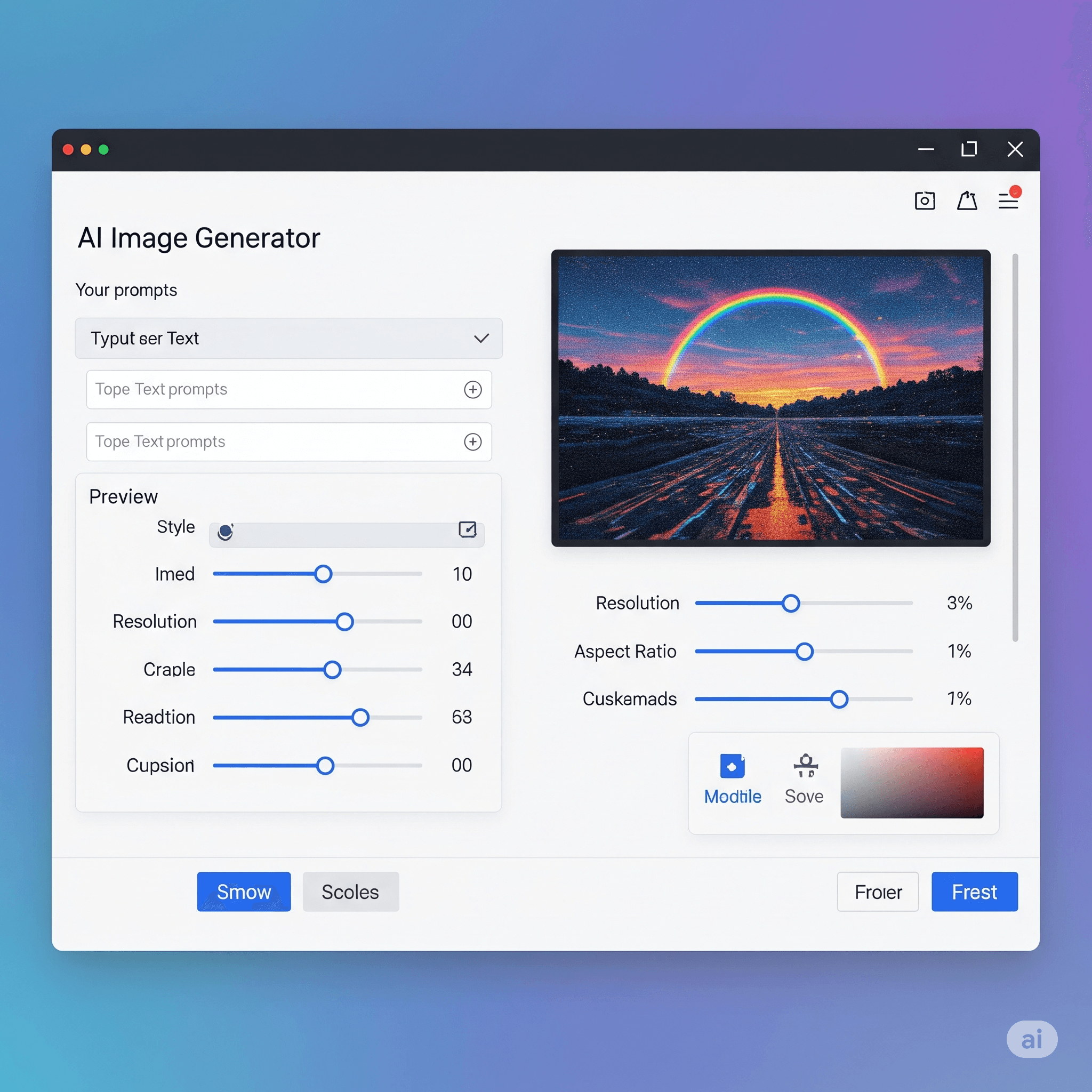Question: Usually TCP/IP uses the services of _________ before using any other application program
Answer:
Before using any other application program, TCP/IP typically utilizes the services of the DNS (Domain Name System).
The DNS is responsible for resolving domain names to their corresponding IP addresses. When a client wants to communicate with a server using a domain name (e.g., www.example.com), the client sends a DNS query to a DNS server. The DNS server then looks up the IP address associated with that domain name and returns it to the client. Once the client knows the IP address, it can establish a TCP/IP connection with the server.
In summary, the DNS is an essential service that TCP/IP relies on to map domain names to IP addresses, enabling effective communication over the internet.
MCQ: Usually TCP/IP uses the services of _________ before using any other application program
Explanation:
Before using any other application program, TCP/IP typically utilizes the services of the DNS (Domain Name System).
The DNS is responsible for resolving domain names to their corresponding IP addresses. When a client wants to communicate with a server using a domain name (e.g., www.example.com), the client sends a DNS query to a DNS server. The DNS server then looks up the IP address associated with that domain name and returns it to the client. Once the client knows the IP address, it can establish a TCP/IP connection with the server.
In summary, the DNS is an essential service that TCP/IP relies on to map domain names to IP addresses, enabling effective communication over the internet.
Discuss a Question
Related Questions
- 1. The domain [email protected] is a(n) _________ domain
- 2. The domain [email protected] is a(n) _________ domain.
- 3. The domain [email protected] is a(n) _________ domain
- 4. Internet data is broken up as
- 5. Internet packet data structure consists of I. source address II. destination address III. serial number of packets IV. message bytes V. Control bits for error checking VI. Path identification bits
- 6. For carrying out B2C e-Commerce the following infrastructure is essentiali. World Wide Web ii. Corporate network iii. Electronic Data Interchange standards iv. Secure Payment Services v. Secure electronic communication link connecting businesses
- 7. For carrying out C2C e-Commerce the following infrastructure is essentiali. World Wide Web ii. Corporate network iii. Electronic Data Interchange standards iv. Secure Payment Services v. Secure electronic communication link connecting businesses
- 8. The packets of an internet message
- 9. The domain 121.24.34.12.in-addr.arpa is a(n) _______ domain.
- 10. Advantages of B2C commerce are (i) Business gets a wide reach to customers (ii) Payment for services easy (iii) Shop can be open 24 hours a day seven days a week (iv) Privacy of transaction always maintained
You may be interested in:
Web Fundamental MCQs






